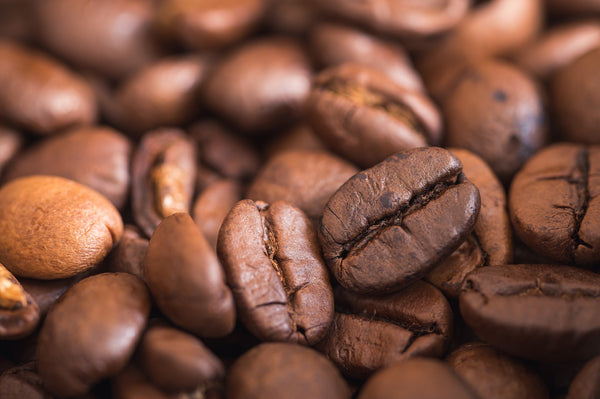“KNOT a DAY” Choose sustainable coffee ~October 1st is Coffee Day~
The autumnal equinox has passed, and the weather is starting to feel like autumn. Delicious hot coffee is perfect for those autumn mornings.
In fact, autumn is the season when coffee attracts attention all over the world. The reason is that October 1st is designated as "Coffee Day."
This time, "KNOT a DAY" is in honor of Coffee Day, and I would like to think about sustainability and coffee. Please read it during your coffee break.
【table of contents】
・What is “Coffee Day”?
・Issues that impede coffee sustainability
・Types of sustainable coffee
・Where you can find sustainable coffee
·summary
What is “coffee day”?

Why is October 1st Coffee Day? This is because the demand for coffee increases during the fall and winter seasons. It was established in 1983 by the All Japan Coffee Association.
Furthermore, in 2015, the same day was designated as International Coffee Day! In Brazil, the world's largest coffee country, coffee is harvested and shipped by the end of September, and new coffee cultivation begins in October, so October 1st, the new year, was chosen as Coffee Day. .
The establishment of this anniversary reflects our desire not only to spread coffee, but also to pay attention to the difficult situation surrounding coffee and support it.
Challenges hindering coffee sustainability

In order for us to continue drinking safe, secure, and delicious coffee, we need to work on solving the problems faced by coffee. In particular, we will explain issues that have become important in recent years.
◯Deterioration in quality due to price fluctuations in coffee beans
The price of coffee beans is always unstable, susceptible to natural disasters such as hurricanes and speculation. When prices plummet, retail prices also fall, and farmers' profits also decline, forcing farmers to cut back on production costs such as pruning and fertilizers, resulting in a drop in quality.
◯Coffee 2050 problem caused by climate change
The issue of climate change, which we often discuss on KNOT a DAY, also has a major impact on coffee. If global warming continues, there is a risk that by 2050 the land suitable for coffee cultivation will be reduced to 50% of its current level.
About sustainable coffee

Sustainable coffee is a general term for coffee produced and distributed with the aim of keeping the natural environment and people's lives in good condition by focusing on these issues. There are three main types, so let's introduce them.
◆Shade Tree Coffee Coffee grown on land covered with forests.
At a time when deforestation to secure farmland has become a problem, this coffee is grown using forests, so it can be said to be ecologically friendly.
◆Organic coffee
Coffee produced without using banned pesticides or chemical fertilizers.
Prevents soil and water pollution caused by pesticide runoff. Coffee is kind to both the person who makes it and the person who drinks it.
◆Fair trade coffee
Coffee that is continuously traded at a fair price to small-scale farmers in developing countries.
This helps protect the stable livelihood of producers.
Where you can find sustainable coffee
Recently, many places such as cafes, supermarkets, and convenience stores carry sustainable coffee. Let's introduce some examples of sustainable coffee that you can find near you.
◯Lawson/“MACHI café”

Source: https://www.ichi-oshi.jp/articles/common/482063
All Lawson coffee is Rainforest Alliance certified. This certification is given only to farms that meet strict standards such as environmental conservation and improving the lives of farm workers. Coffee is environmentally and socially friendly.
◯Aeon Group/Private brand “Topvalu”

Source: https://www.topvalu.net/items/detail/4901810792634/
Aeon's goal is to ensure that all of the coffee it sells under its private brand uses sustainable ingredients. Currently, the private brand ``Top Valu'' has an increasing number of products with ``International Fair Trade Certification'' and ``Rainforest Alliance Certification.''
summary

Did you understand the harsh current situation surrounding coffee and the fact that coffee that takes this into consideration is surprisingly available?
It's time to start drinking more coffee. Why not choose sustainable coffee for the sake of the earth and for yourself?

Leave a comment
This site is protected by hCaptcha and the hCaptcha Privacy Policy and Terms of Service apply.